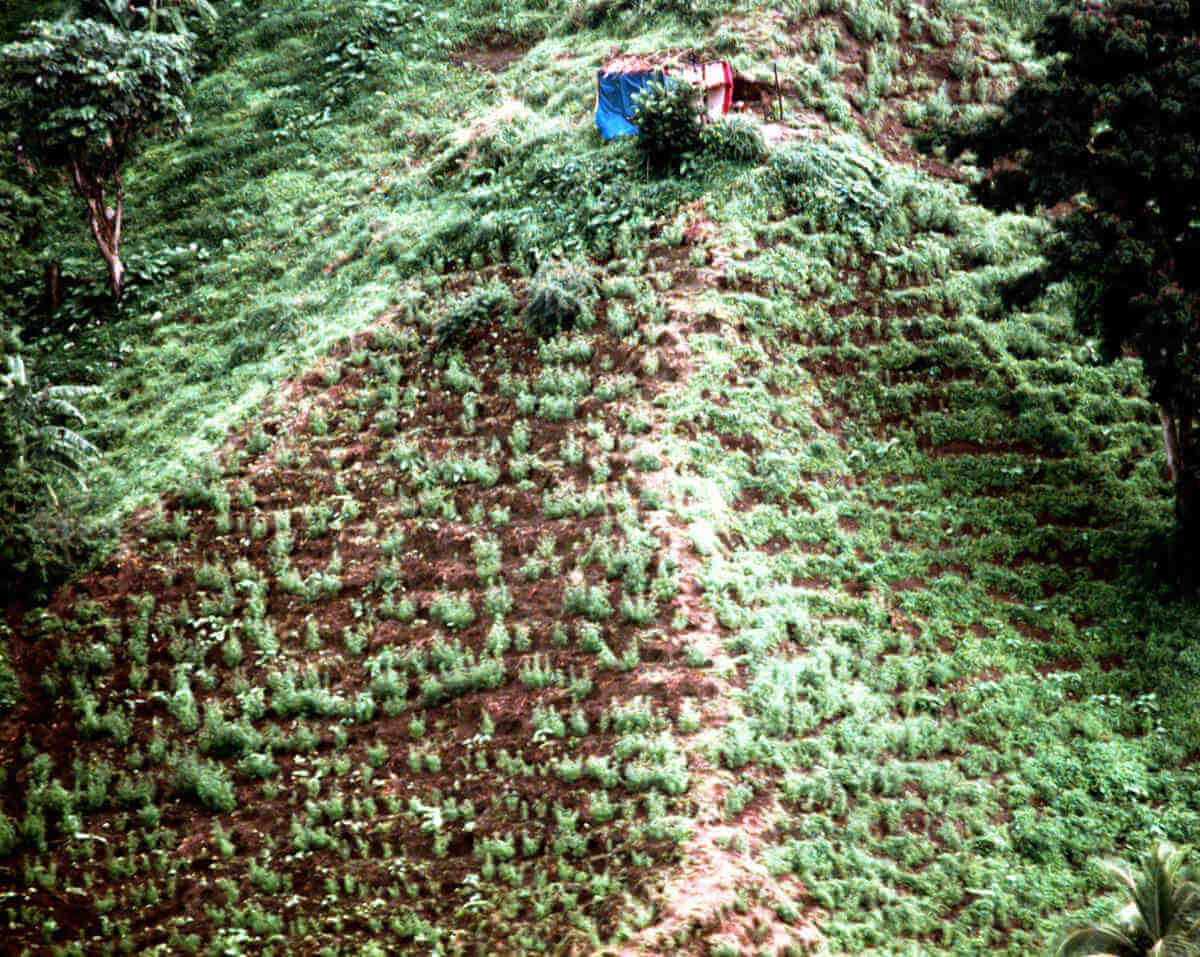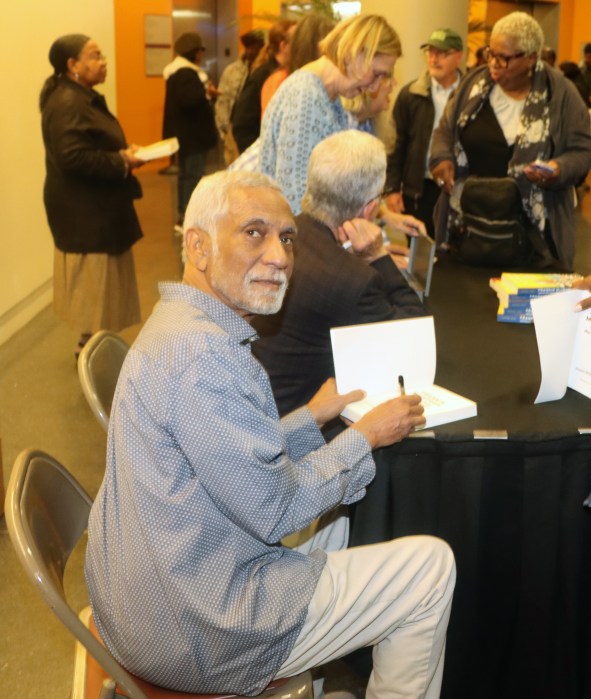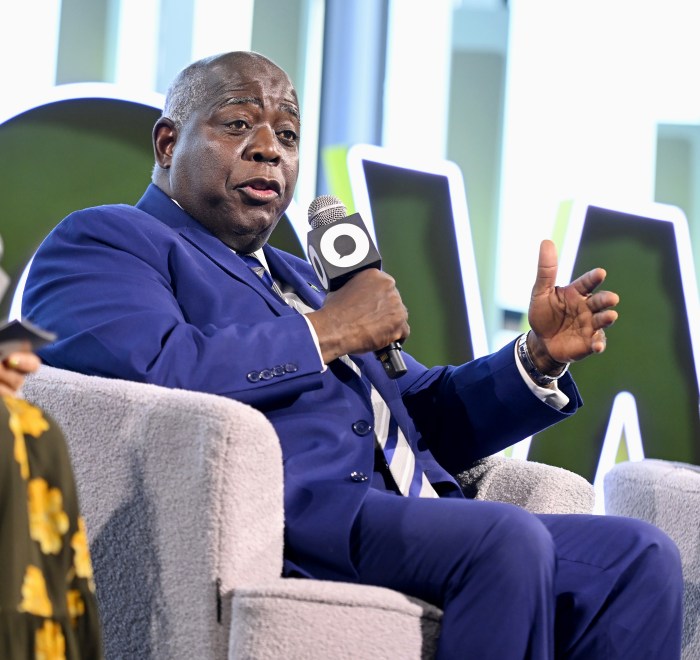Just about two weeks ago, authorities in Jamaica approved of the island’s first shipment of oil extracted from the increasingly trendy marijuana plant to be exported to markets in Canada paving the way for the island to earn valuable foreign exchange from its latest export product but not all of Jamaica’s neighbors are sitting back and are continuing to treat any engagement with cannabis sativa as criminal activity.
Governments and the medical sectors in Antigua, St. Vincent and others are also moving to develop medical marijuana industries both for local and international consumption.
In the past week, lawmakers in the Eastern Caribbean nation of St. Vincent and the Grenadines announced that parliament was about to vote on a raft of draft bills that would set the stage for the island chain to have a legal and properly governed medical marijuana industry.
The vote on bills that would regulate the use of marijuana for medicinal and religious purposes as well as one dealing with amnesty for people convicted for possessing and using small amounts is set for the week of Oct. 15 and will likely be approved by bipartisan action as selected committees had been working on the draft for several weeks now.
Alongside Jamaica, St. Vincent has long been regarded as a leading supplier of marijuana to both the east and southern Caribbean. Many in the archipelago just north of Trinidad, operate with the very firm belief that farmers have an inalienable right to plant and sell marijuana given the fact that the United States during the time of President Bill Clinton had conspired with American agricultural giants such as Dole Foods and Chiquita to destroy the regional lifeline banana industry. At the time, the Caribbean had accounted for a mere two percent of world production and had exported its infinitesimal production to the European market. Despite this, the United States pressured the European Union to destroy the banana sector, leaving farmers in great debt — many on the breadline.
In the late 90s, heavily armed American soldiers and those from the Barbados-based Regional Security System (RSS) had staged a massive one-week operation to destroy hundreds of acres of plants in the Soufriere Hills region, decimating the crops of the then marijuana growers association. Farmers estimate that about 10.2 million plants were destroyed by local and international law enforcement agencies in the past two decades.
Today, the world and its approach to marijuana have come full circle to such an extent that Minister of Agriculture, Saboto Caesar is vowing that there would be no turning back this time.
“This government is committed to the development of a St. Vincent and the Grenadines medicinal cannabis industry, capable of supplying both domestic and international markets,” Dominica Online news quoted him as saying. “We will work with doctors, researchers, industry and the relevant agencies to facilitate the development of the industry. Driving the medicinal cannabis industry forward will create jobs, attract investment, and develop a full range of high quality, locally produced medical products to meet patient needs. This industry will establish St. Vincent and the Grenadines as a responsible supplier of high-quality medicinal cannabis to patients in need, everywhere in the world,” he said.
The passage of the medicinal cannabis legislation, he argued, would enable farmers, individually and collectively, in making St. Vincent and the Grenadines become a lead producer of organically certified medicinal cannabis, rivaling any in the entire Western Hemisphere. Work on the draft bills was expected to be concluded by Oct. 12.
In the meantime, the San Souci Learning Resource center as Acers Agri, a local firm, have come together to organize training programs for farmers who will serve the sector in the coming months.
The first in a series of workshops began recently focusing on the tools that would be required to service this brand new sector, laws and regulations and everything else required to operate in the industry.
“We are not here to discuss smoking of marijuana, but to talk about how we can create employment through the medicinal marijuana industry,” the agriculture minister said, noting that the industry will be tightly regulated, including those for medical patients. Only licensed pharmacists will be allowed to deal with prescriptions for cannabis from a certified doctor.

























